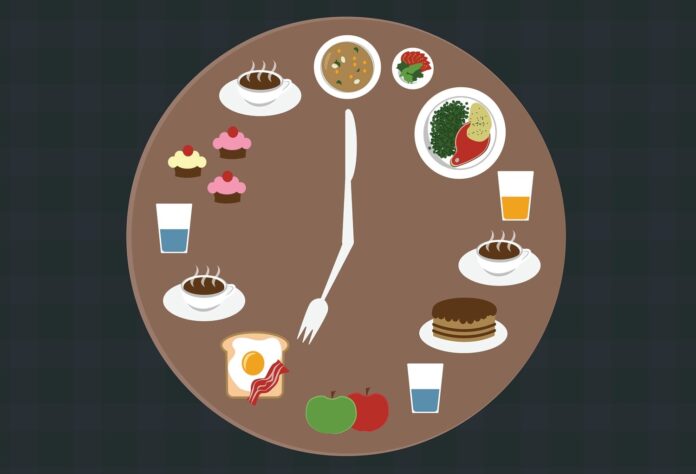Introduction
Late-night eating is a common habit that sparks significant debate. For many, it provides comfort or serves as a way to unwind after a long day. However, it raises concerns, particularly for those attempting to lose weight. Sleep plays a crucial role in weight management, and eating habits can directly impact sleep quality and overall health. This article aims to address whether eating late at night hinders weight loss efforts and how you can manage this habit for better results.
The Negative Effects of Late-Night Eating on Weight Loss
1. Disruption to Digestion
Eating late can disturb your digestive system. Heavy meals before bedtime may cause indigestion or heartburn, making it uncomfortable to fall asleep. Moreover, it slows down your metabolism, as your body prioritizes digestion over recovery during sleep.
2. Poor Sleep Quality
Late-night snacks often lead to difficulty falling asleep or lower-quality rest. A disrupted sleep cycle reduces the production of growth hormone, which is essential for fat burning and muscle repair. Poor sleep also increases stress, making weight management more challenging.
3. Increased Fat Storage
Consuming excess calories late at night increases the likelihood of storing those calories as fat, especially around the abdominal area. During inactivity, your body is less efficient at utilizing energy, leading to fat accumulation.
4. Blood Sugar and Insulin Imbalance
Late-night eating can spike blood sugar levels and insulin, increasing the risk of insulin resistance and type 2 diabetes over time. This not only hinders weight loss but also affects long-term health.
5. Impact on Overall Health
Frequent late-night eating can lead to fatigue, reduced immunity, and lack of appetite during the day. Over time, this habit negatively affects your overall well-being, making it harder to stick to a healthy weight-loss plan.
The Benefits of Avoiding Late-Night Eating
1. Boosted Metabolism
When you avoid eating late, your body has more time to rest and recover. This supports a healthy metabolism, allowing it to function optimally and burn fat efficiently.
2. Improved Sleep Quality
Skipping late-night snacks helps you achieve deeper and more restorative sleep. Quality sleep reduces stress and boosts fat-burning hormones, creating an ideal environment for weight loss.
3. Effective Weight Management
By eliminating late-night eating, you reduce your daily calorie intake, which helps maintain a calorie deficit—a key factor in weight loss. It also curbs the cycle of overeating and mindless snacking.
4. Enhanced Overall Health
Avoiding late-night eating promotes better digestion, clearer skin, and a more positive mood. These improvements enhance your ability to stay motivated and maintain a healthy lifestyle.
Tips for Managing Late-Night Cravings
If avoiding late-night eating completely is challenging, consider the following tips:
- Choose Healthy Snacks: Opt for light, nutrient-dense options like Greek yogurt, nuts, or a small piece of fruit.
- Control Portions: Eat small amounts and chew thoroughly to ease digestion.
- Avoid Sugary and Carbonated Drinks: These can disturb sleep and spike blood sugar levels.
- Establish a Routine: Eat dinner earlier and create a relaxing bedtime ritual to reduce nighttime hunger.
Conclusion
Eating late at night poses several challenges for weight loss, including impaired digestion, disrupted sleep, and increased fat storage. On the other hand, avoiding this habit supports metabolism, improves sleep, and enhances overall health. By understanding the negative impacts of late-night eating and implementing healthier habits, you can create a more sustainable path to achieving your weight-loss goals.
Frequently Asked Questions (FAQ)
1. Is it harmful to eat before bed?
Eating a small, healthy snack before bed isn’t necessarily harmful, but large, high-calorie meals should be avoided to prevent weight gain and sleep disruption.
2. How can I break the habit of eating late at night?
Focus on eating balanced meals during the day to avoid hunger at night. Develop a bedtime routine, drink water, and keep healthy snacks on hand if cravings arise.
3. Are there other ways to lose weight besides avoiding late-night eating?
Yes! Regular exercise, maintaining a calorie deficit, managing stress, and getting sufficient sleep are all crucial components of a successful weight-loss plan.
By making mindful choices and prioritizing health, you can take significant strides toward achieving your fitness goals.



